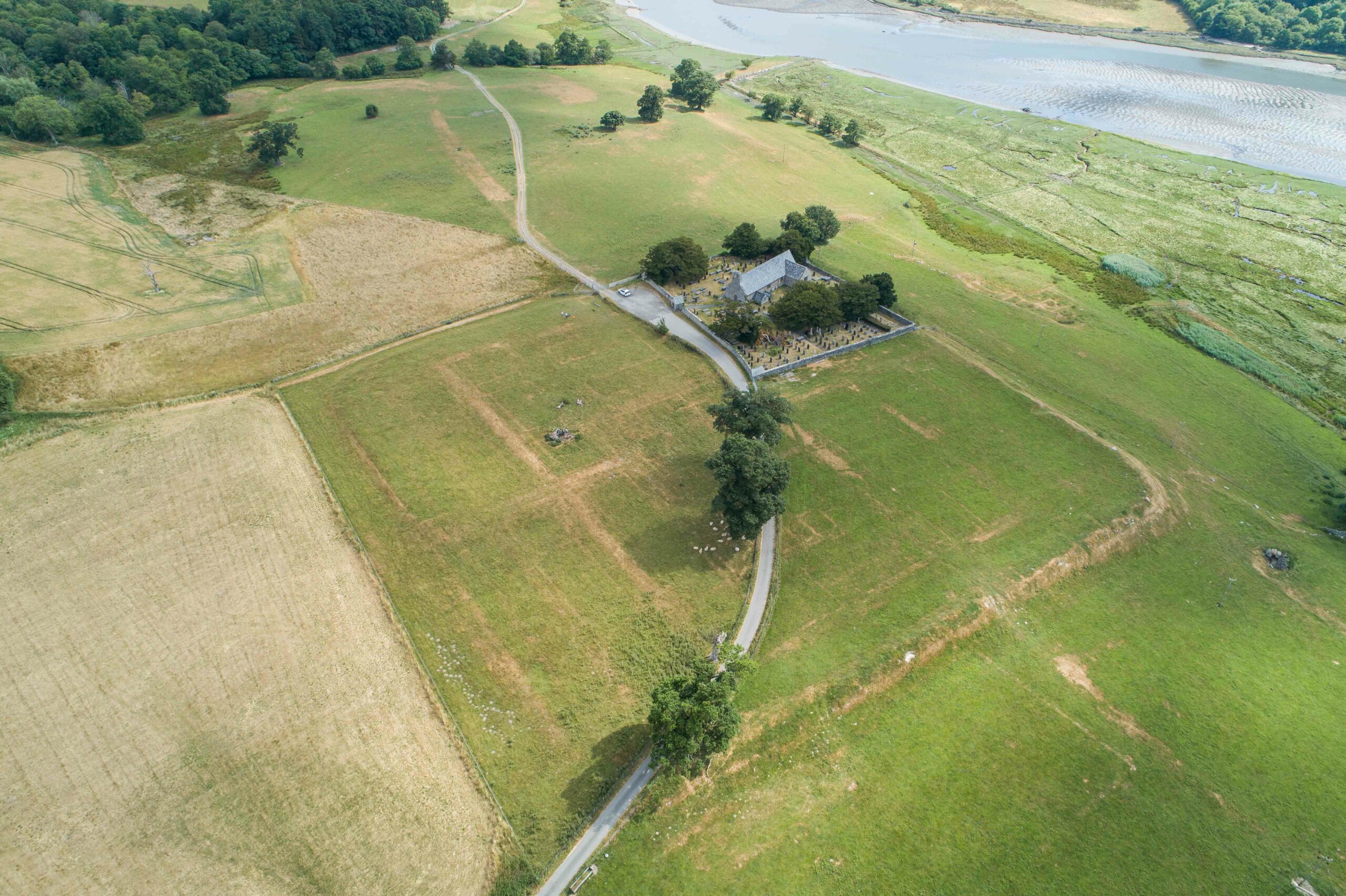KRAKÓW, POLAND—According to a Science in Poland report, a tiny fragment of a flint weapon has been discovered in a 25,000-year-old mammoth rib unearthed in southern Poland. The remains of at least 110 mammoths, mixed with hundreds of fragments of flint blades for processing meat and hides, have been recovered from the site. “We finally have a ‘smoking gun,’ the first direct evidence of how these animals were hunted,” said Piotr Wojtal of the Polish Academy of Sciences. The piece of flint measures about three tenths of an inch long, and is thought to have been the tip of a spear that was driven into the animal’s body. Wojtal said the spear was probably thrown from a distance with great force, since it would have had to pierce the mammoth’s thick skin and layer of fat in order to reach the bone. The wound would not have been fatal, however, he explained, but was likely to have been part of a coordinated attack by several hunters. To read about a mammoth whose remains were discovered in Michigan, go to “Leftover Mammoth.”
Flint Fragment Found in Mammoth Bone in Poland
News January 7, 2019
Recommended Articles
Digs & Discoveries November/December 2025
A Familiar Face
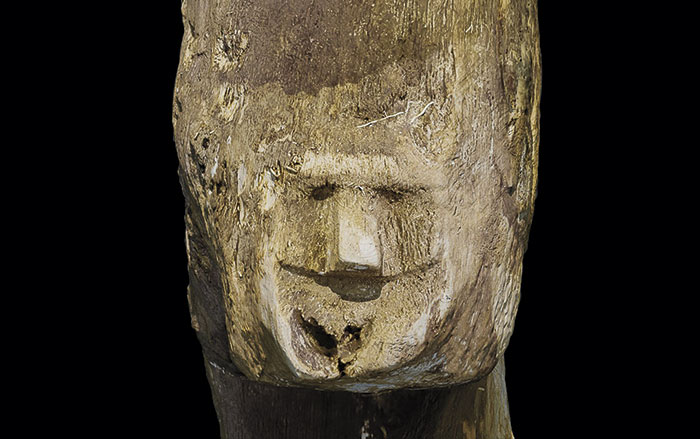
Letter from Poland November/December 2024
Remembering an Unspeakable Crime
Excavations of a mass grave expose evidence of Nazi-era massacres
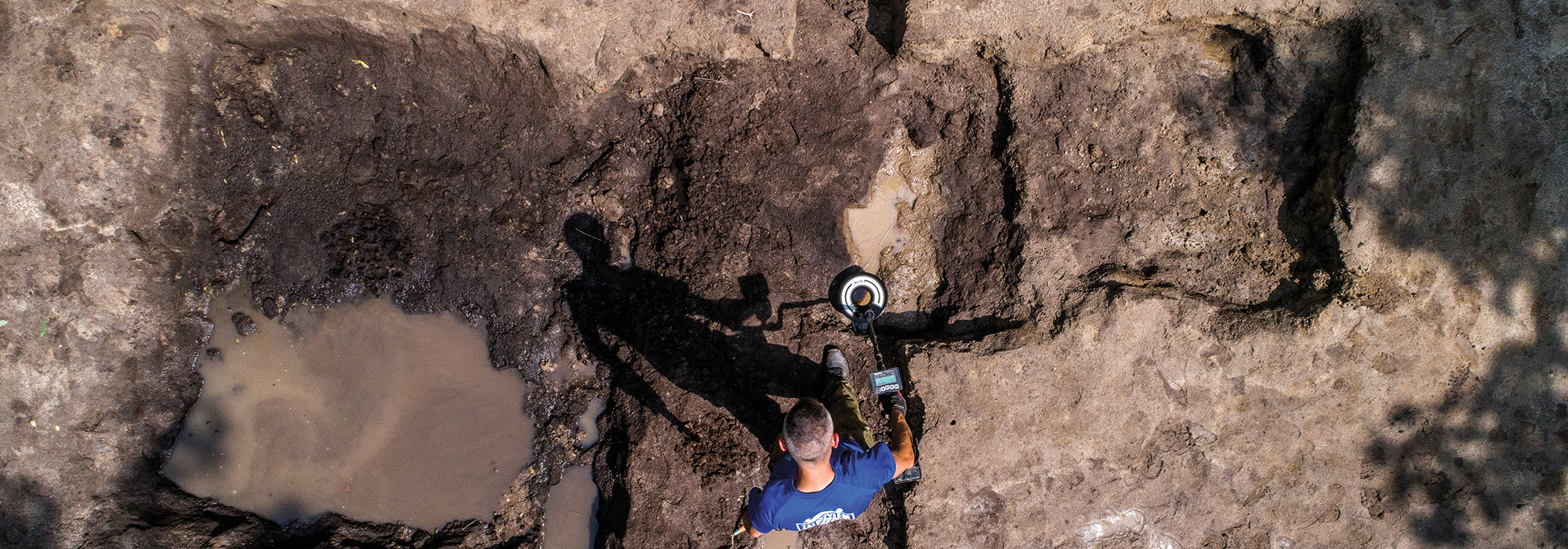
Top 10 Discoveries of 2020 January/February 2021
Largest Viking DNA Study
Northern Europe and Greenland
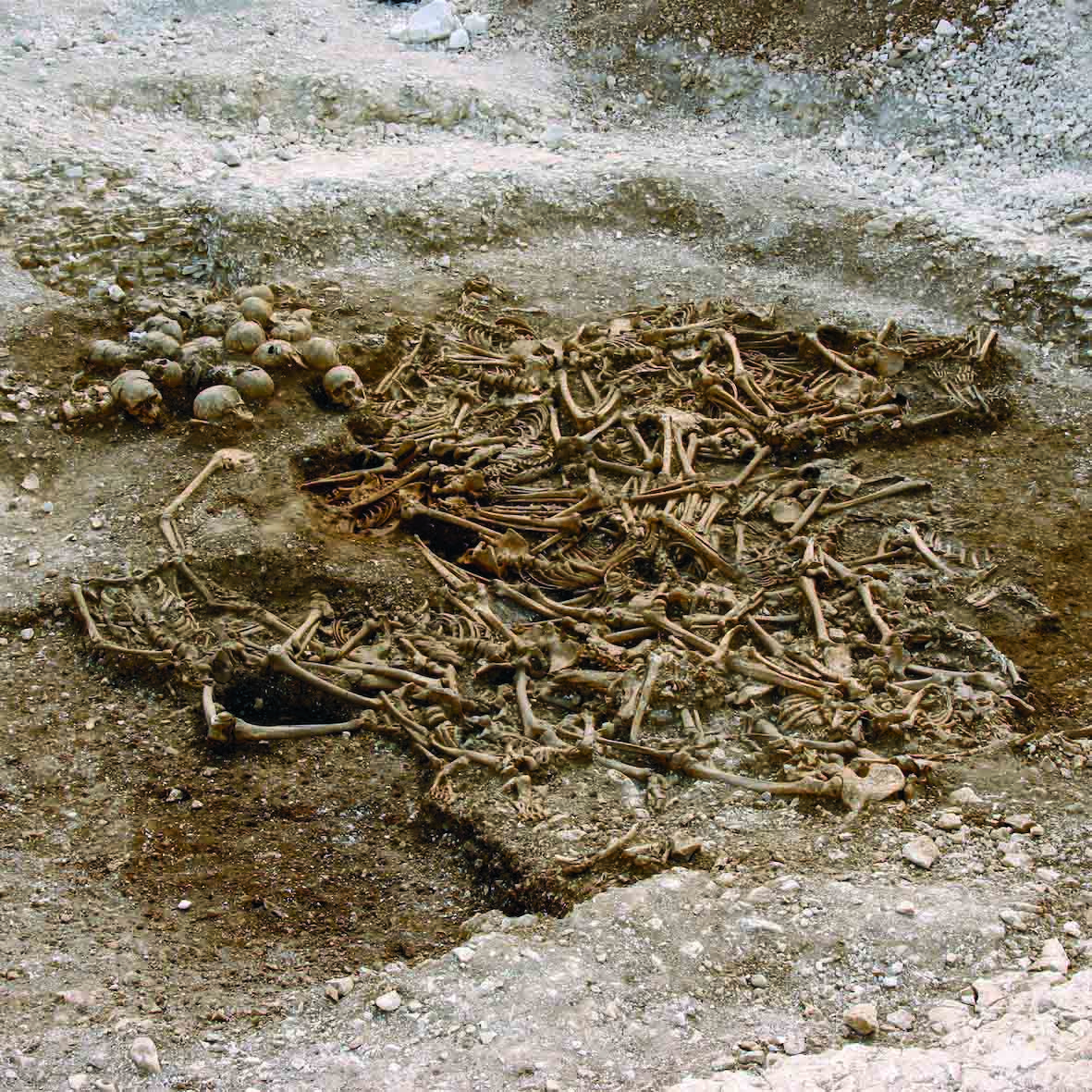
Digs & Discoveries November/December 2020
Honoring the Dead
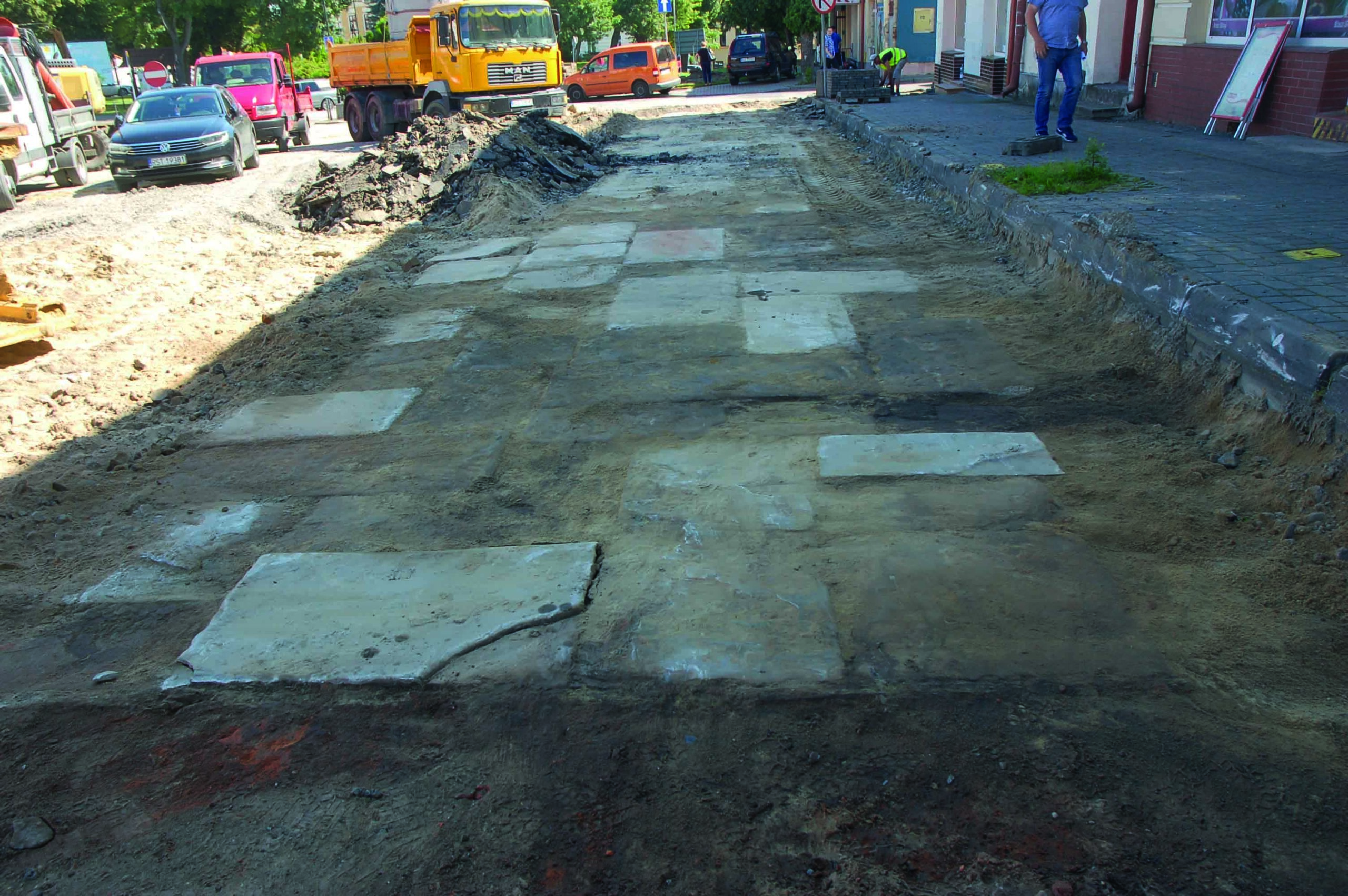
-
Features November/December 2018
Reimagining the Crusades
A detailed picture of more than two centuries of European Christian life in the Holy Land is emerging from new excavations at monasteries, towns, cemeteries, and some of the world’s most enduring castles
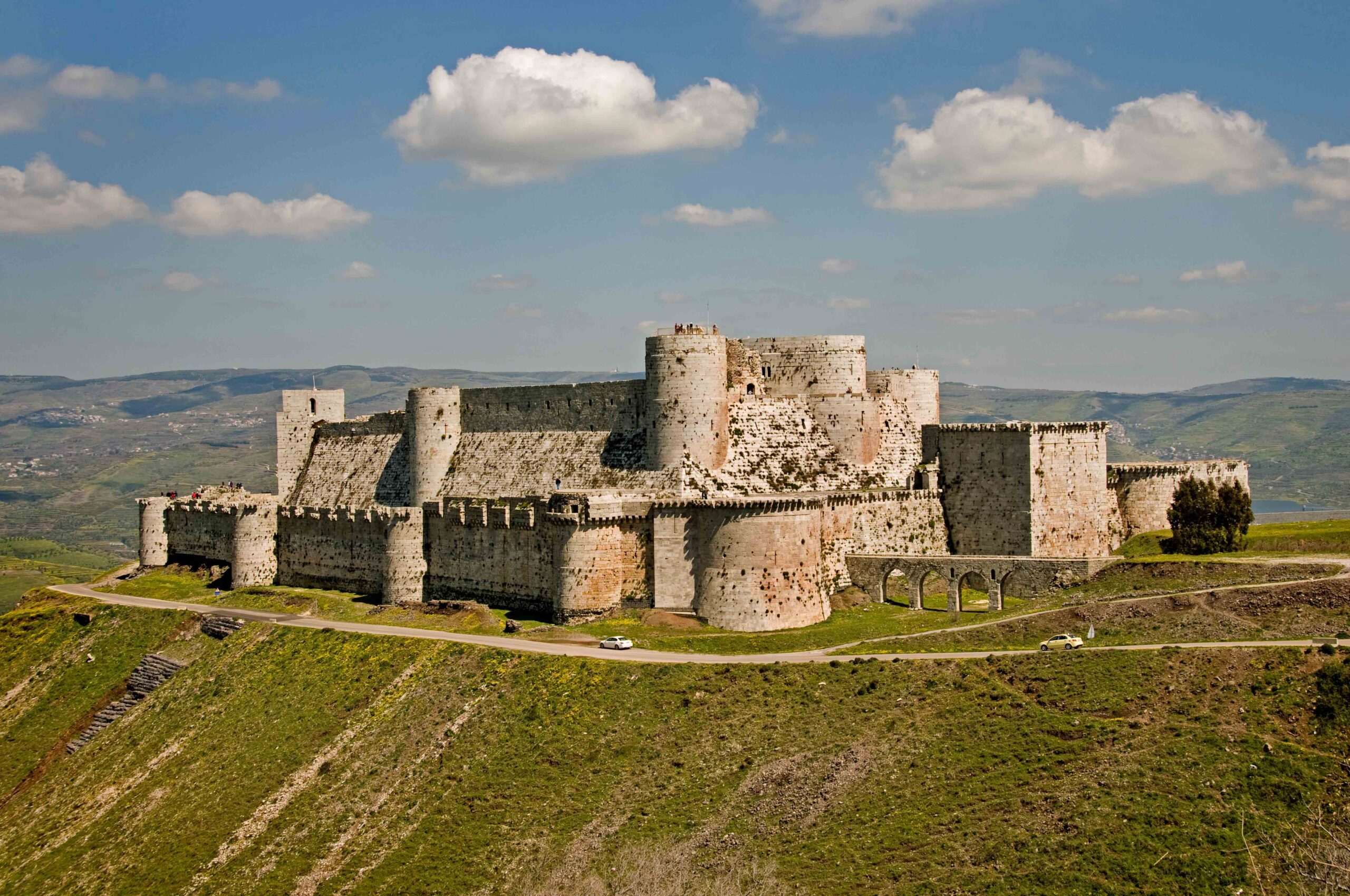 (Peter Horree/Alamy Stock Photo)
(Peter Horree/Alamy Stock Photo) -
Letter from California November/December 2018
Inside a Native Stronghold
A rugged volcanic landscape was once the site of a dramatic standoff between the Modoc tribe and the U.S. Army
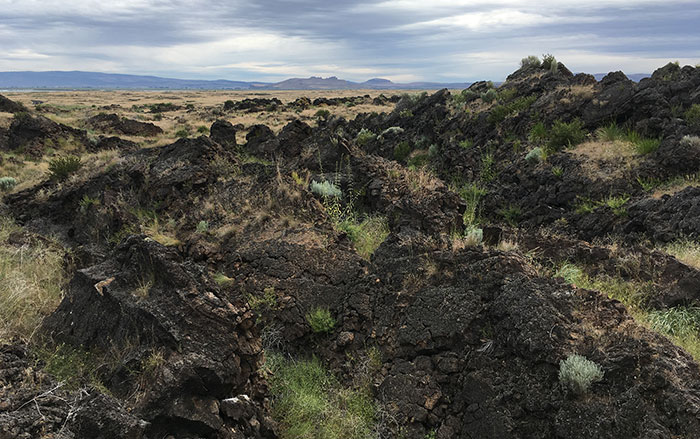 (Julian Smith)
(Julian Smith) -
Artifacts November/December 2018
Russian Canteen
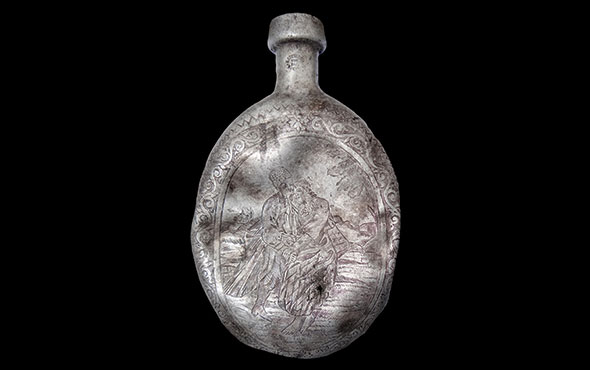 (Courtesy Copyright David Kobialka/Antiquity)
(Courtesy Copyright David Kobialka/Antiquity) -
Digs & Discoveries November/December 2018
The American Canine Family Tree
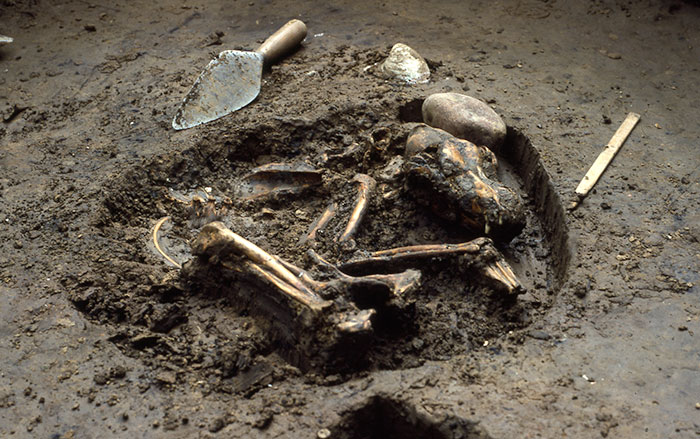 (Photo by Del Baston/Courtesy of the Center for American Archeology)
(Photo by Del Baston/Courtesy of the Center for American Archeology)


